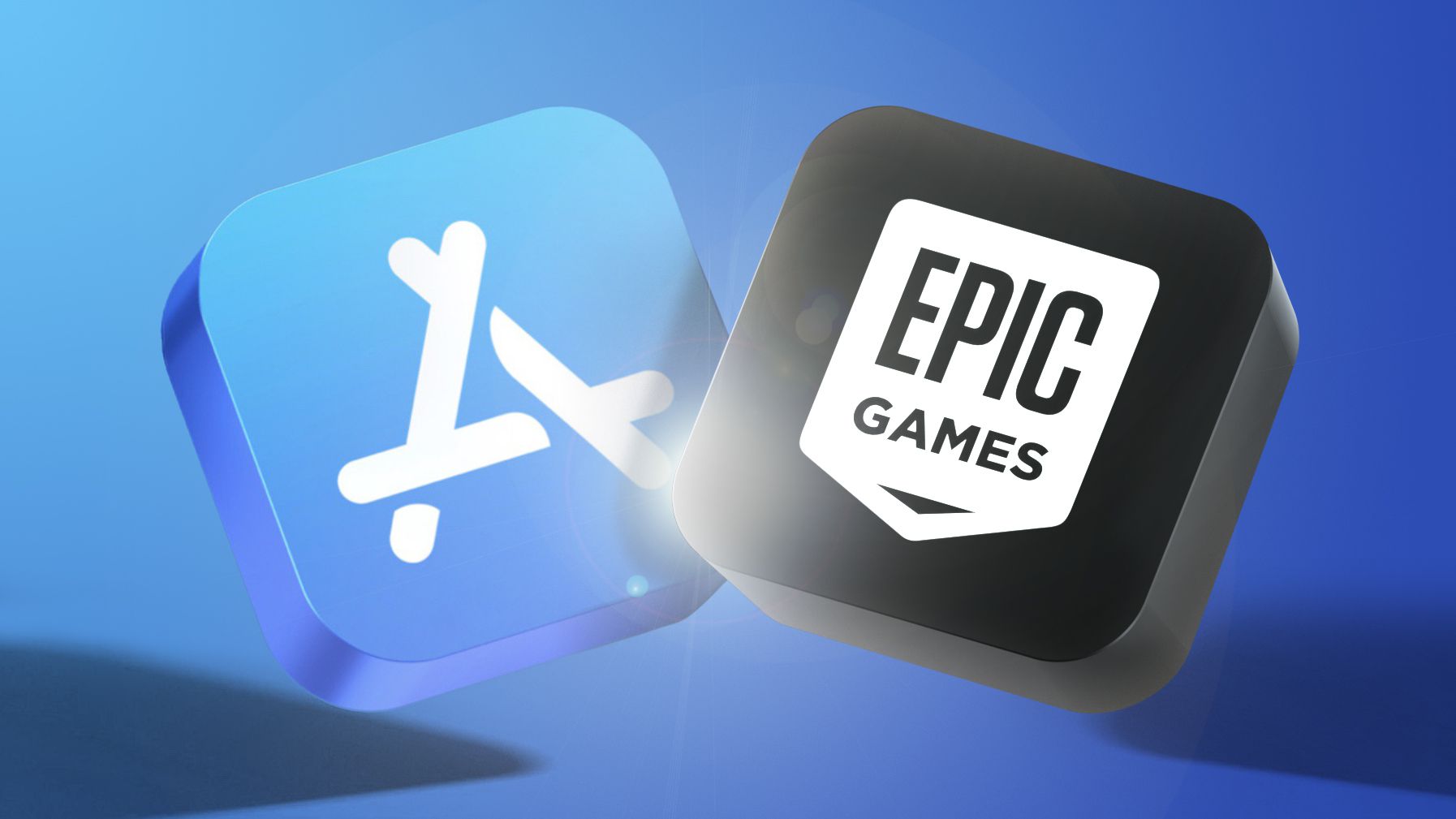Apple and Epic Games have been involved in a high-profile legal battle in the United States, but the two companies have also been facing off in court in Australia.Back in August, Australia's federal court ruled that the Apple App Store had violated competition laws by prohibiting sideloading and alternative payment methods.At the time, the court had not shared a written judgment, but now the 900-page document has been published and additional information on the court's decision is available.
In a statement to , Apple said that it does not agree with the court's decision and will continue to argue its position in court.In the Australia case, Epic argued that Apple misused market power by limiting app distribution to the App Store, requiring apps to use in-app purchase for digital content, and blocking competition by prohibiting alternative app stores and payment methods.The court adopted a narrow definition of the markets in play, viewing iOS as its own ecosystem and concluding that Apple has a monopoly over iOS app distribution and in-app payment processing.
Apple doesn't have to make any changes yet, but the court did not look favorably on Apple's rules against sideloading and third-party payments.Apple believes that viewing the iPhone as a single brand market is inappropriate, because it faces competition from other platforms like the Google Play Store, the Samsung Galaxy Store, and stores that allow for software purchases on PCs and consoles.Other courts, including the U.S.
court overseeing the Epic Games v.Apple case, have not used that market definition.The Australian court used Europe's Digital Markets Act as evidence that alternative app distribution is possible, but Apple says that the viewpoint ignores the risks associated with skirting the App Store's security and privacy protections.
It is Apple's position that sideloading risks malware, fraud, and viruses, and subjects users to questionable content because there are few restrictions.Sideloading could also diminish the trust that people have in the iPhone, and Apple says that relying on the DMA is a mistake because the DMA hasn't been around long enough to demonstrate the full effects of weakened security.Epic did not score a total victory in Australia.
The court said that Apple is well within its rights to charge for its intellectual property, found that Apple's refusal to support third-party app stores is justified, and acknowledged the privacy and security protections provided by the App Store.Remedies to address Apple's alleged anticompetitive conduct have not yet been determined and Apple hasn't been ordered to make changes, but after the ruling, Epic Games claimed that Fortnite would be returning to iOS in Australia.Note: Due to the political or social nature of the discussion regarding this topic, the discussion thread is located in our Political News forum.
All forum members and site visitors are welcome to read and follow the thread, but posting is limited to forum members with at least 100 posts.

